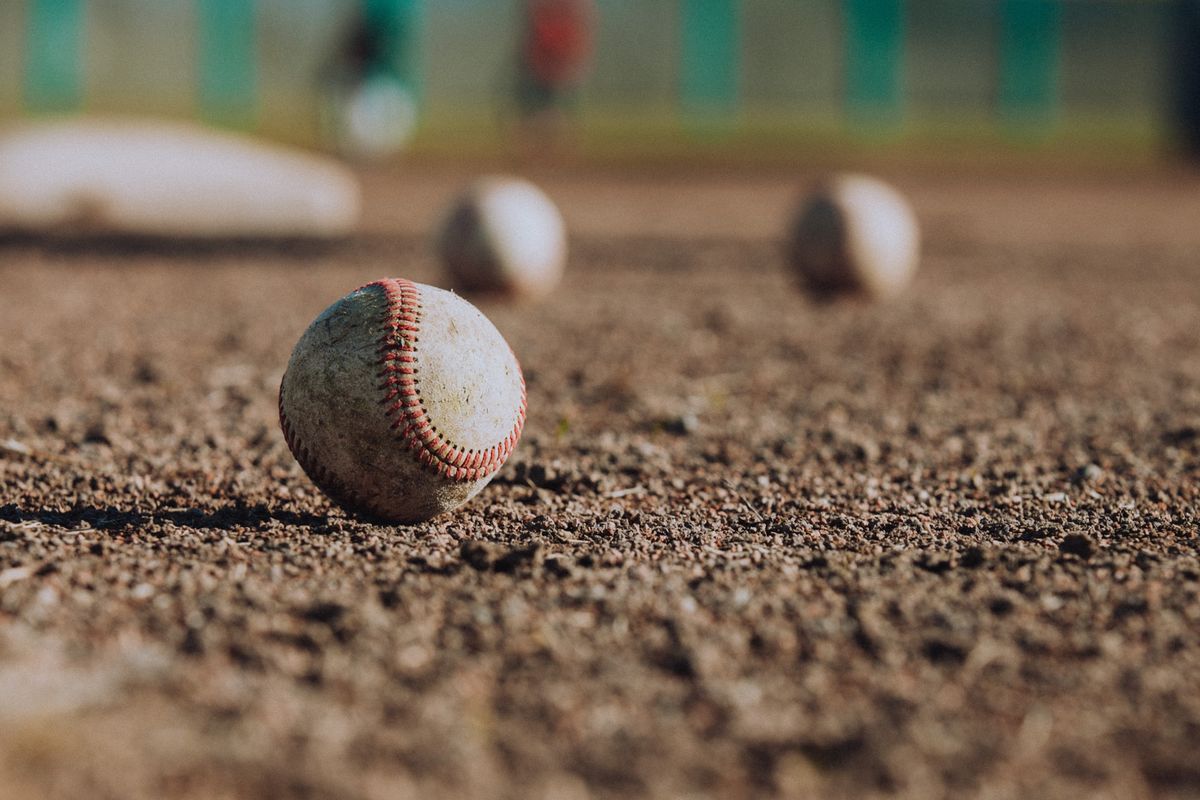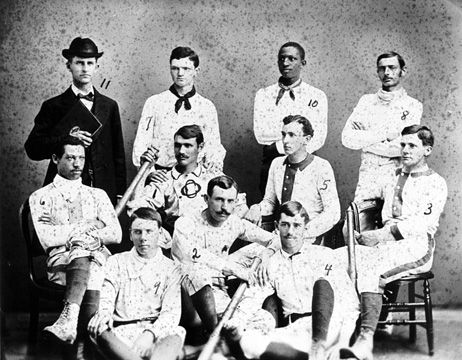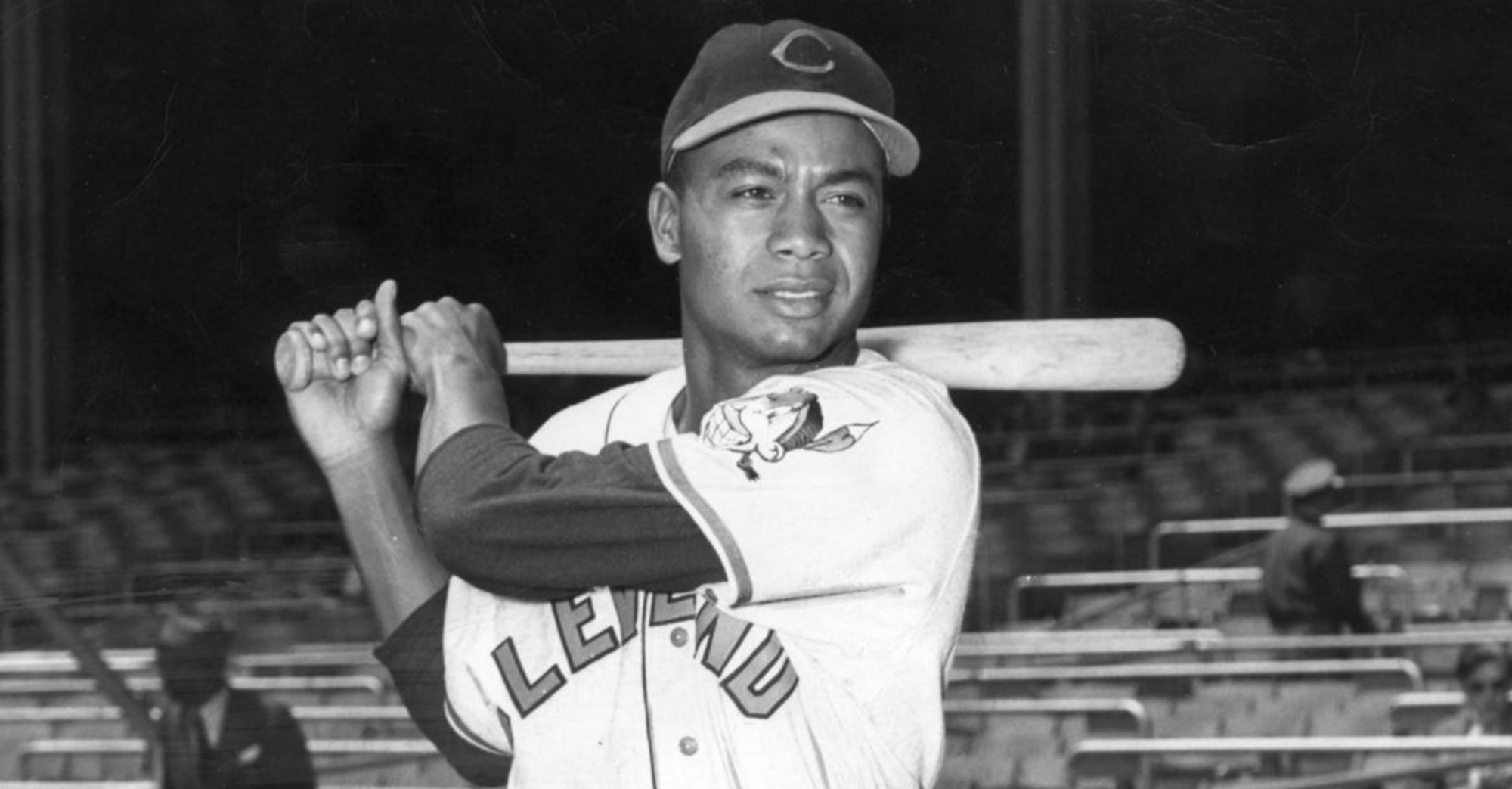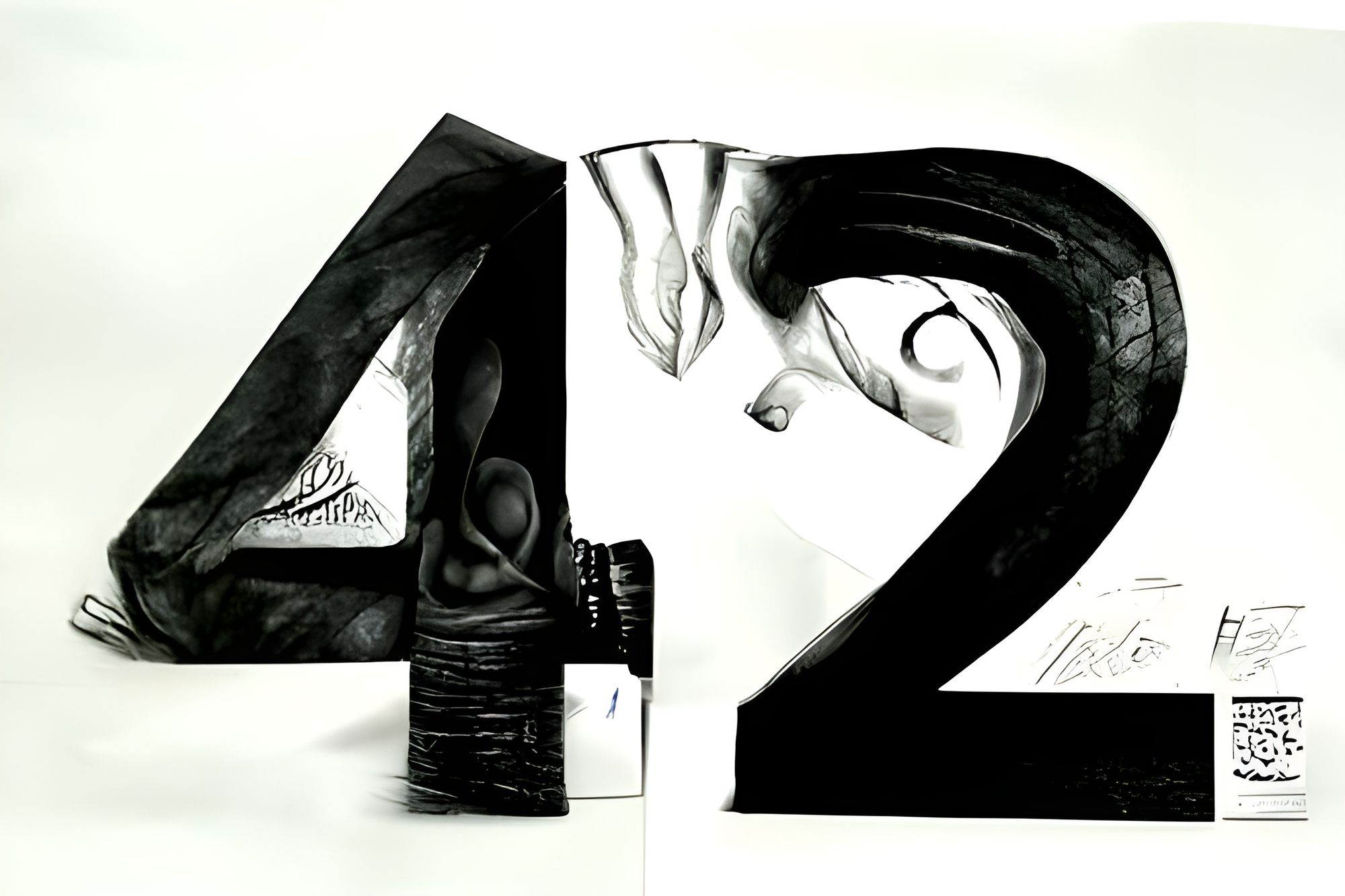Before and After Jackie Robinson
On Jackie Robinson Day we see images of every MLB player sporting Robinson’s famous jersey, number 42. It would be easy to forget that in Robinson’s day he was the only black player in the league. The image of solidarity glosses over the grit and courage that Robinson had to muster to persevere.

Wednesday marked the anniversary of the date in 1947 when Jackie Robinson “broke the color line” and began his career in baseball’s major leagues. Robinson went on to win Rookie of the Year and two years later he was named the league MVP. Both incredible feats of talent and a testament to his ability to overcome significant racial headwinds.

If MLB were in session on Jackie Robinson Day we’d see images of every player on every team sporting Robinson’s famous jersey, number 42. It would be easy to forget that in Robinson’s day he was the only black player in the league. The image of solidarity, while a nice gesture, glosses over the grit and courage that Robinson had to muster to persevere. Yet, Robinson was not the first African American player in MLB, although clearly the most talented, hence why he’s the more memorable player.
Moses Fleetwood Walker played for the Toledo Blue Stockings for a single season in 1884. He was a highly rated catcher and a decent hitter. His brother, Weldy Walker, had a brief stint with the Toledo club that same year, appearing in only 5 games at third base. As for Moses, injury cut short his major league career after that single season although he played a few more years in the minors. It would be a staggering 63 years before Jackie Robinson’s debut, a stretch that saw no African American Major leaguers.

Before Walker, William Edward White played a single game, as a substitute for an injured first baseman, for the Providence Grays in the 1879 season. White had been a member of the Brown University baseball team. It’s unknown why Walker didn’t play in another game, however I think we can easily speculate that race had a lot to do with it.

Seventy three years after Jackie Robinson’s debut the racial divide in baseball hasn’t been erased. African Americans are 13% of the US population, yet black players remain underrepresented in Major League Baseball (less than 8% of the 882 players are black). This fact will also likely be missed on a day when we celebrate one of the sports greats. On Jackie Robinson’s day, indeed on every day, we should work to remove any racial disparity in sports, politics, and business. As sports fans, constituents, and consumers we’ll all benefit from the best in talent, competition, and diversity of thought by allowing equal opportunity.




